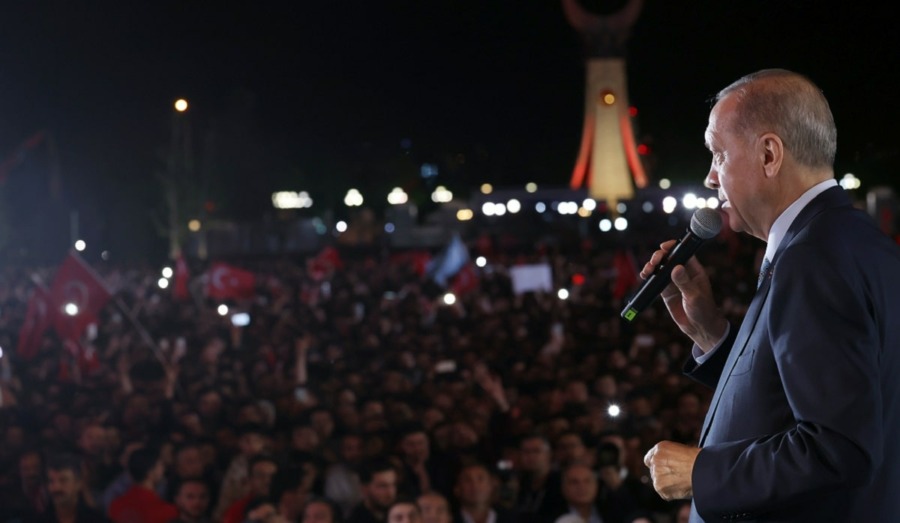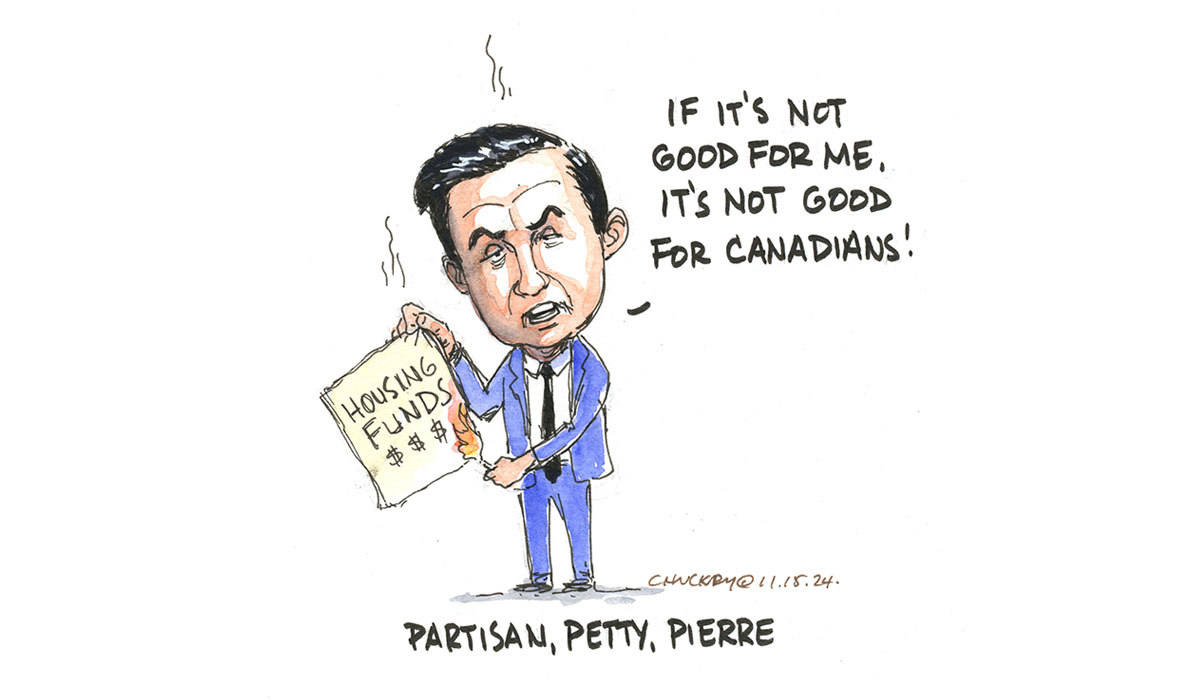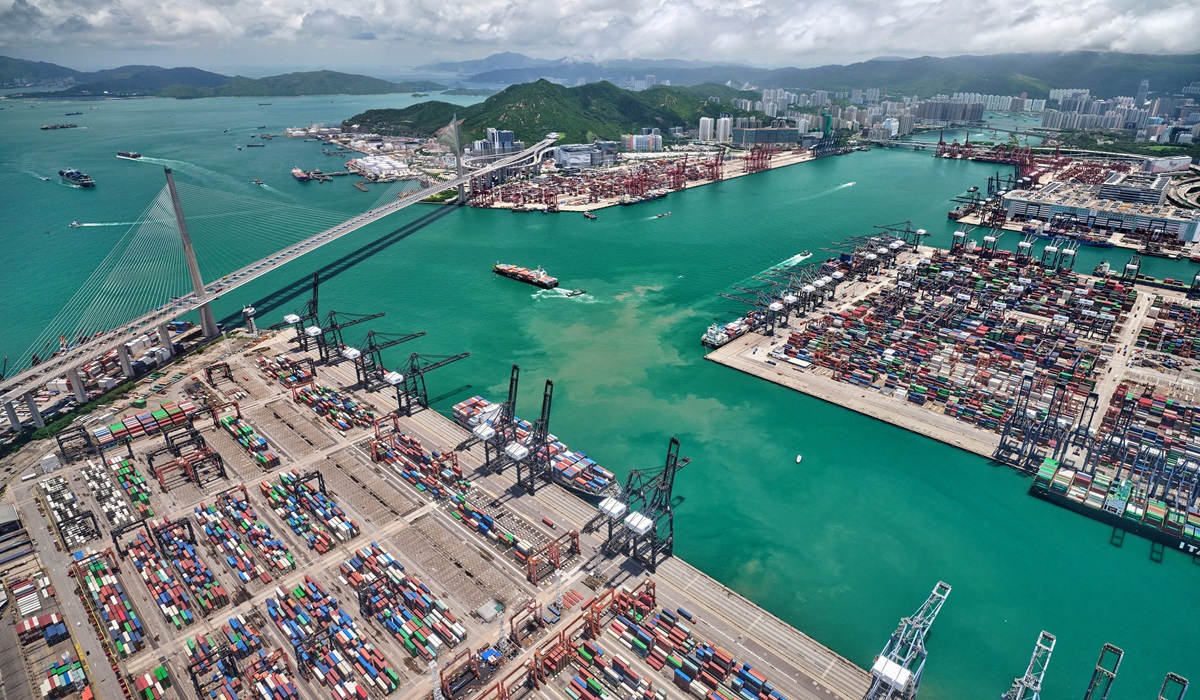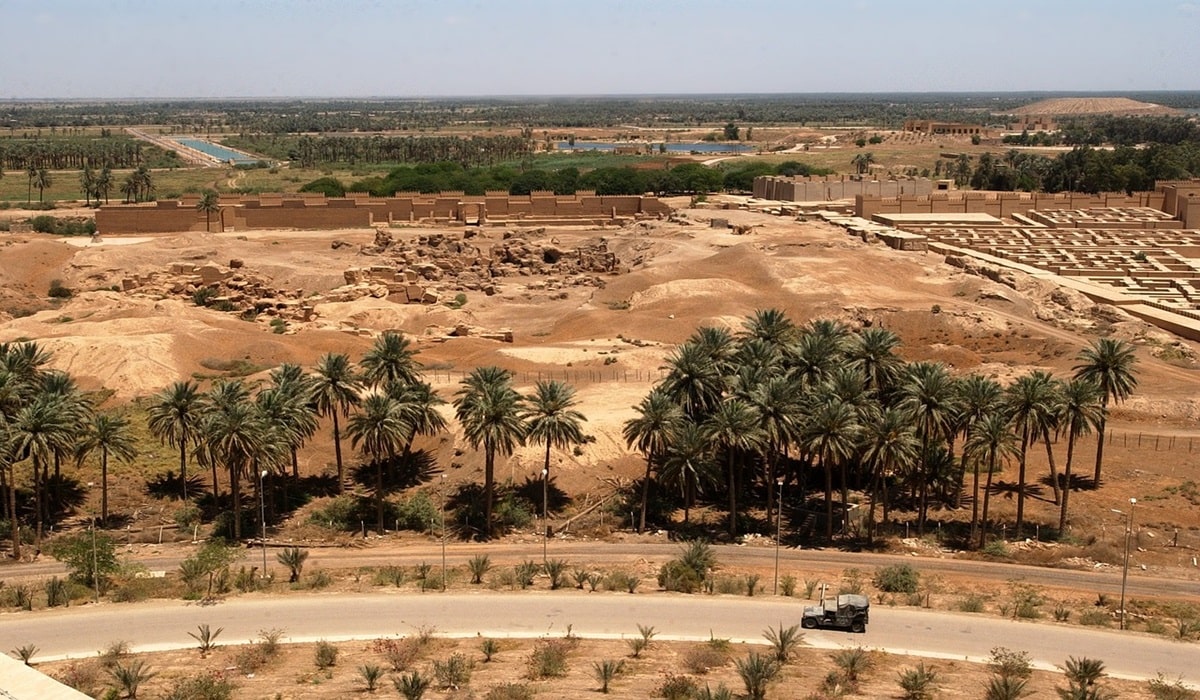Turkey’s Erdogan’s Victory: A Close Race Amidst Disappointment and Growing Dissent
- Kingston Bailey
- Elections
- Middle East
- Trending
- May 29, 2023

On Sunday, Turkey’s Supreme Election Council (YSK) officially confirmed Recep Tayyip Erdogan as the winner of the recent presidential election, securing 52.14% of the votes. His main opponent, Kemal Kilicdaroglu, garnered 47.86% of the votes. While Erdogan declared victory and praised Turkey’s democracy, the narrow margin of victory, coupled with widespread dissatisfaction among the populace, has cast a shadow over the state of democracy in the country.
The electoral battle between Erdogan and Kilicdaroglu was fiercely contested, with both candidates rallying their supporters and presenting contrasting visions for the future of Turkey. The final results indicate a close margin, with Erdogan securing a slim majority of 52.14% while Kilicdaroglu garnered a respectable 47.86%. This tight race demonstrates the deeply divided sentiments among the Turkish electorate, highlighting the existence of diverse political views and the significance of every vote cast.
The election’s outcome has left many of the Turkish population disappointed and disillusioned. Over the years, Erdogan’s rule has been marked by increasing concerns over democratic backsliding, curtailment of civil liberties, and erosion of the rule of law. Critics argue that Erdogan’s government has employed heavy-handed tactics to suppress dissent, stifling freedom of speech and targeting opposition figures. These actions have fostered a sense of unease among many citizens who yearn for a more open and inclusive democracy.
Erdogan’s Lengthy Tenure: Recep Tayyip Erdogan has been a dominant figure in Turkish politics for a considerable period. Having served as Prime Minister from 2003 to 2014, and subsequently as President since 2014, he has amassed significant power and influence within the country’s political landscape. Erdogan’s extended tenure has led to concerns of executive overreach, with critics accusing him of consolidating power and weakening democratic institutions. The recent election victory, though contested, solidifies his position as Turkey’s leader for another term, further fueling apprehension among those seeking change.
The discontent within Turkey is not limited to domestic matters alone; it has also spilled over into the country’s international relations, particularly with NATO member nations. Turkey’s alignment with Western democracies has been increasingly strained under Erdogan’s leadership, with disagreements over human rights, press freedom, and regional conflicts. The election outcome, perceived by many as a blow to democracy, intensifies concerns among Turkey’s allies regarding its commitment to shared democratic values.
The confirmation of Erdogan’s victory in the recent presidential election by the Supreme Election Council has brought jubilation and disappointment to Turkey. The race’s closeness reflects the electorate’s divided nature, while the disappointment stems from concerns over democratic erosion and the consolidation of power under Erdogan’s prolonged tenure. The ramifications extend beyond Turkey’s borders, with allies expressing apprehension regarding democracy within the nation. As Turkey moves forward, it faces the challenge of reconciling the aspirations of its citizens with the need to rebuild trust in its democratic institutions, ultimately striving to preserve and strengthen the foundations of a robust and inclusive democracy.








